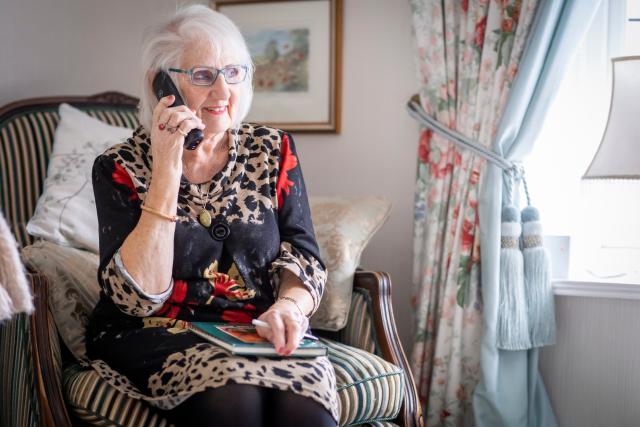
Will remote GP consultations transform future primary care?
31 January
A survey conducted by the Wales Centre for Primary and Emergency Care Research (PRIME), part of the Health and Care Research Wales funded community, has revealed that people with higher levels of education have higher levels of satisfaction with remote consultations during the pandemic compared to those with lower levels of education.
The study, led by Kate Brain, Professor of Health Psychology and PRIME, was aimed at understanding people’s perceptions of remote consultations in the UK during the COVID-19 pandemic and identifying potential resulting inequalities.
Professor Brain said: “The mode of access to primary care had changed with remote consultations becoming more widespread during the COVID-19 pandemic.
“We were looking at patterns of associations between people’s self-reported satisfaction with remote consulting and a range of demographic variables.
“These findings can help inform the use and adaptation of remote consultations in primary care for other community groups in the future.”
The project team collected survey data during February and March 2021 from over 1,400 adults in the UK who reported having recently sought help remotely from their doctors.
Participants answered questions about their demographic background and satisfaction with remote GP consultations.
Individuals with lower levels of education may need further support with remote consultations in primary care to improve their satisfaction with these types of consultation, and face-to-face consultations could be made available if preferred and feasible.
However, further research is needed to understand what factors may underlie the association between education and satisfaction with remote GP consultations, and whether this has persisted beyond the pandemic.